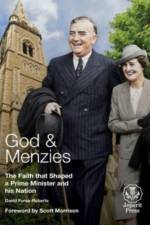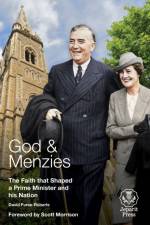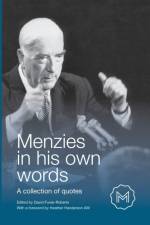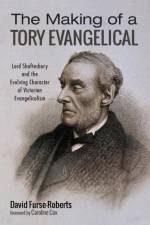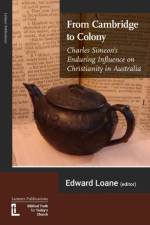- A collection of quotes
av David Furse-Roberts
419
From the Foreword:lt is clear that David Furse-Roberts has done a prodigious amount of work: researching, thinking, writing. It is hard to believe that he never met my father, or heard him speak. I wish he had.This book gives the reader a very good understanding of what Menzies was like, and what he thought. What it can''t do is make it possible to hear him, and feel the atmosphere when he spoke.Menzies had the ability to get and keep the attention of his audiences. He looked at them, spoke directly to them, somehow created a connection. He also knew how and when to make a light-hearted remark which reinforced the contact. Where did this skill come from? My father''s parents were determined that their children should be well educated and articulate. They would all sit around and take it in turns to read out loud. Their father could not tolerate any mistakes. so they were firmly corrected.When he was a schoolboy in Ballarat someone gave him a ticket to the South Street Competitions, an annual event for the performing arts. He went and sat in the middle of a row where he was hemmed in by very large ladies. He could see no way to escape. So he sat through 27 versions of "Friends. Romans, Countrymen", which taught him a lot about how NOT to speak in public. Those are the only specific things l can recall about how he learnt to speak in public, but the tact is he had strong thespian instincts. After he was made a Knight of the Thistle, Jim Cope called out in Parliament: "You should have got an Oscar, not a Thistle!" Jim was not a mile out.So, Menzies knew how to get the attention of his audience. but how did he know, so well, what to say?In Ballarat, still in Primary School, he and his sister lived with their Scottish grandmother. Her form of punishment was to make them learn great slabs of the Bible. That was augmented by his love of poetry and the Classics Later he won the Shakespeare Society prize, which involved learning hundreds of lines of the prescribed play.So there he was with a love of words and the English language, and a retentive brain. Those essentials were there. Then he could concentrate on the message he wanted to get across.In his own words: "When l had a big speech to make in the House, l would begin by making brief notes merely as a reminder to me as to what my line of argument was to be and relying upon the moment to produce the words in which l would clothe the ideas. The night before the speech l read poetry because great poetry gives one a sense of the weight and quality of words which perhaps no other reading can do."Reading this book, I am constantly surprised and impressed that David Furse-Roberts has the skill and tenacity to find so many appropriate quotes from Menzies. lt seems to me he has a magic wand somewhere. We are much in his debt.- Heather Henderson AM, September 2020

